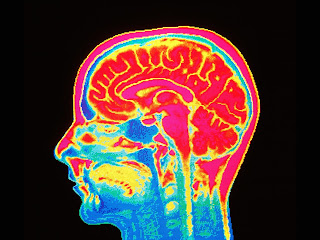"But does it work? Mindfulness meditation has been the subject of increasing scrutiny by scientists. We have seen an exponential growth in the number of studies published about it, and 2023 alone saw the publication of a considerable number of studies of studies on mindfulness, attempts at summarizing what we have learned so far on how mindfulness might help with anxiety, depression, ADHD, pain, sleep, and cognition, in all age groups.
"On the surface, it all looks promising. Beneath it, however, we find so many problems that the best conclusion I can come to is that something is better than nothing."
Click on the link below to see the flaw in research on the subject:








